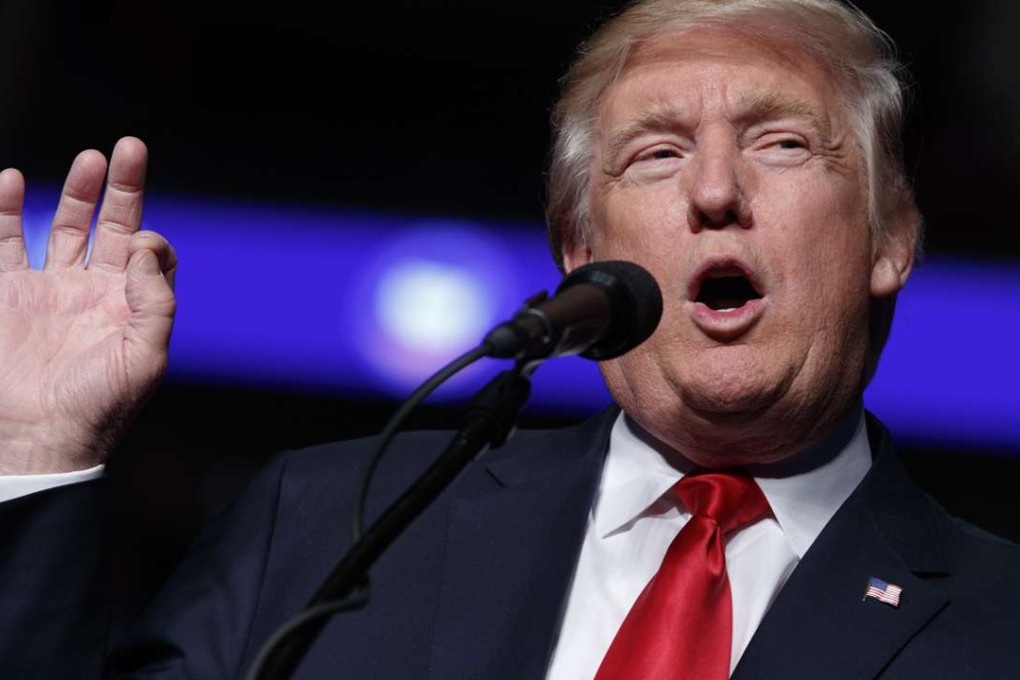Asian Angle | Unpredictable Trump challenges China’s self-interested foreign outlook
On Taiwan, trade and North Korea, the usual exchanges between the world’s two biggest economies are most likely a thing of the past

China’s leaders have been recognised as the ultimate pragmatists. In the past few decades they have been able to work across the Middle East, when most others in the region have had to choose between enemies and friends.
Some have called this approach amoral, and it is certainly motivated by an intense sense of what best serves China’s interests. In recent decades, in international affairs, that has been securing resources, finding markets to sell to, acquiring and developing technology and know-how, and ensuring that China has a benign and largely stable environment around it.

Even the recent activism over the South and East China Seas’ maritime borders does not disprove this narrative. China has worked carefully to push, test and raise questions in its immediate neighbourhood, but it has largely operated in signs and symbols, keeping clear of any real risk of military action.
Donald Trump’s US election win surprised Beijing as much as it did the rest of the world, and it knows as little about the new president-elect as most other countries on the planet do. It too had anticipated dealing with a Clinton presidency.
Watch: What Trump's Trade War with China Would Look Like

